Big Data & Artificial Intelligence
USL is advancing the use of big data science through modeling, machine learning with AI, Cloud-based GPU processing, and as a way of asking new questions about urban systems. We are pioneering approaches to social media analysis, reviewing the state of urban data science, advancing land use change modeling capabilities, and for assessing progress on the impacts of climate change.
AI for Urban Climate Change Adaptation
How can AI, Big Data, and advanced modeling improve climate change adaptation planning and risk assessment?
Rapid advances in urban data science, availability of real-time data, advanced spatial modeling, machine learning, cloud-based GPU processing, and cutting-edge visualization of urban social and infrastructure systems are coming together to allow new questions to be asked about key climate change risks and opportunities to advance adaptation in cities. Scientific advances using social media data, spatial agent-based modeling, and 3D data visualization are offering city decision-makers new tools to plan, design, and drive policy that can examine equity and justice implications of current and future scenarios of climate risk, while also helping to prioritize resilience and adaptation interventions where they are needed most. This convergent urban social-ecological-technological systems (SETS) science represents a key conceptual and empirical advance to understanding complex urban system dynamics. Our interdisciplinary team includes scientists, planners, NGOs, industry, and other stakeholders working around the world to plan and envision positive urban futures, assessing heat and flood risk, and analyzing nature-based solutions and other strategies for building SETS resilience in cities. This work is led by Timon McPhearson, Director of the Urban Systems Lab at The New School, and Research Fellow at the Stockholm Resilience Centre and Cary Institute of Ecosystem Studies.
The USL’s efforts around AI for Urban Climate Change Adaptation are part of AI, People & Planet, a research initiative hosted by the Beijer Institute of Ecological Economics (Royal Swedish Academy of Sciences), the Princeton Institute for International Regional and Studies (Princeton University), and the Stockholm Resilience Centre (Stockholm University). The initiative aims to explore how rapid technological change like artificial intelligence (AI) might both support and undermine transformations to sustainability. We aim to advance both innovative research and action, and explore the challenges rapid technological change pose for biosphere based sustainability.
New Modeling Tools Based on Machine Learning, AI, and Big Data
Big data, understood as voluminous and complex data of different qualities, have the potential to generate new hypotheses and new methods for understanding interactions between social, biophysical and infrastructure domains of complex urban systems facing challenges related to climate change. Crowd-sourced and big data, such as the movement of people tracked by cell phones, offer manifold new possibilities for assessing the inner workings of a city, and the availability, quality and quantity of data is rapidly evolving. Crowd-sourced information can serve as a reliable proxy, with vastly improved resolution and replication, for more traditional empirical social survey methods. Big data can also emerge from municipal hotlines, city planning offices, utility use and repair records, tax assessor databases, and the rapid emergence of sensors and instrumented buildings, roads and even ecological spaces.
Upscaling Urban Data Science for Global Climate Solutions
The USL helped to develop a comprehensive review of urban data science in the context of climate change, investigating the contribution of urban metabolism studies, remote sensing, big data approaches, urban economics, urban climate and weather studies. The review outlines three routes for upscaling urban data science for global climate solutions: 1) Mainstreaming and harmonizing data collection in cities worldwide; 2) Exploiting big data and machine learning to scale solutions while maintaining privacy; 3) Applying computational techniques and data science methods to analyze published qualitative information for the systematization and understanding of first-order climate effects and solutions. Collaborative efforts towards a joint data platform and integrated urban services would provide the quantitative foundations of the emerging global urban sustainability science.
Machine Learning and Land Use Modeling
USL Postdoc Fellow Ahmed Mustafa is pioneering new approaches to land use modeling, applying machine learning to a cellular automata land use model for initiatives such as the Urban Resilience to Extreme Weather Sustainability Network. This applied strategy enables predictive models and scenario development that are crucial for working with key policymakers, communities and stakeholders in regions impacted by extreme weather, flood risk, and other climate-related issues.
Visit the USL Data Visualization Platform
Image credit: Taylor Drake
Big Data from Social Media
There are now a wide range of emerging opportunities for urban-sustainability research provided by big data from social media. A recent survey published in Nature Sustainability led by USL Faculty Fellow Rositsa T. Ilieva and Director Timon McPhearson reveal the promise of SMD for urban-sustainability research and planning across five interconnected spheres of action: environmental sustainability, public health, social equity, mobility and economic development.
Large-scale, publicly available SMD on how people navigate, perceive, and respond to man-made and natural landscapes allows the investigation of human–environmental relationships in greater depth. SMD provide researchers and decision-makers with fresh insights into what makes open public spaces successful, what travel trajectories people pursue every day, how communities respond to natural disasters, which metropolitan areas are more prone to depression, and how neighborhood environments influence food choices, among other consequential topics for sustainability planning.
While SMD-based research is not inherently superior to traditional social-science research approaches, which propelled much of the twentieth-century city, it offers new heuristics and data sources for understanding human behaviour and values in cities. The sheer volume, limited cost, rapid collection times, granularity and range of participants that SMD afford are already revolutionizing sustainability research both in terms of research methods and the sort of questions that scientists can ask.
SMD provide researchers and decision-makers with fresh insights into what makes open public spaces successful, what travel trajectories people pursue every day, how communities respond to natural disasters, which metropolitan areas are more prone to depression, and how neighbourhood environments influence food choices, among other consequential topics for sustainability planning.
Two empirical studies using SMD to understand what drives urban park use have recently been published through ongoing collaboration between the USL and the Natural Capital Project.

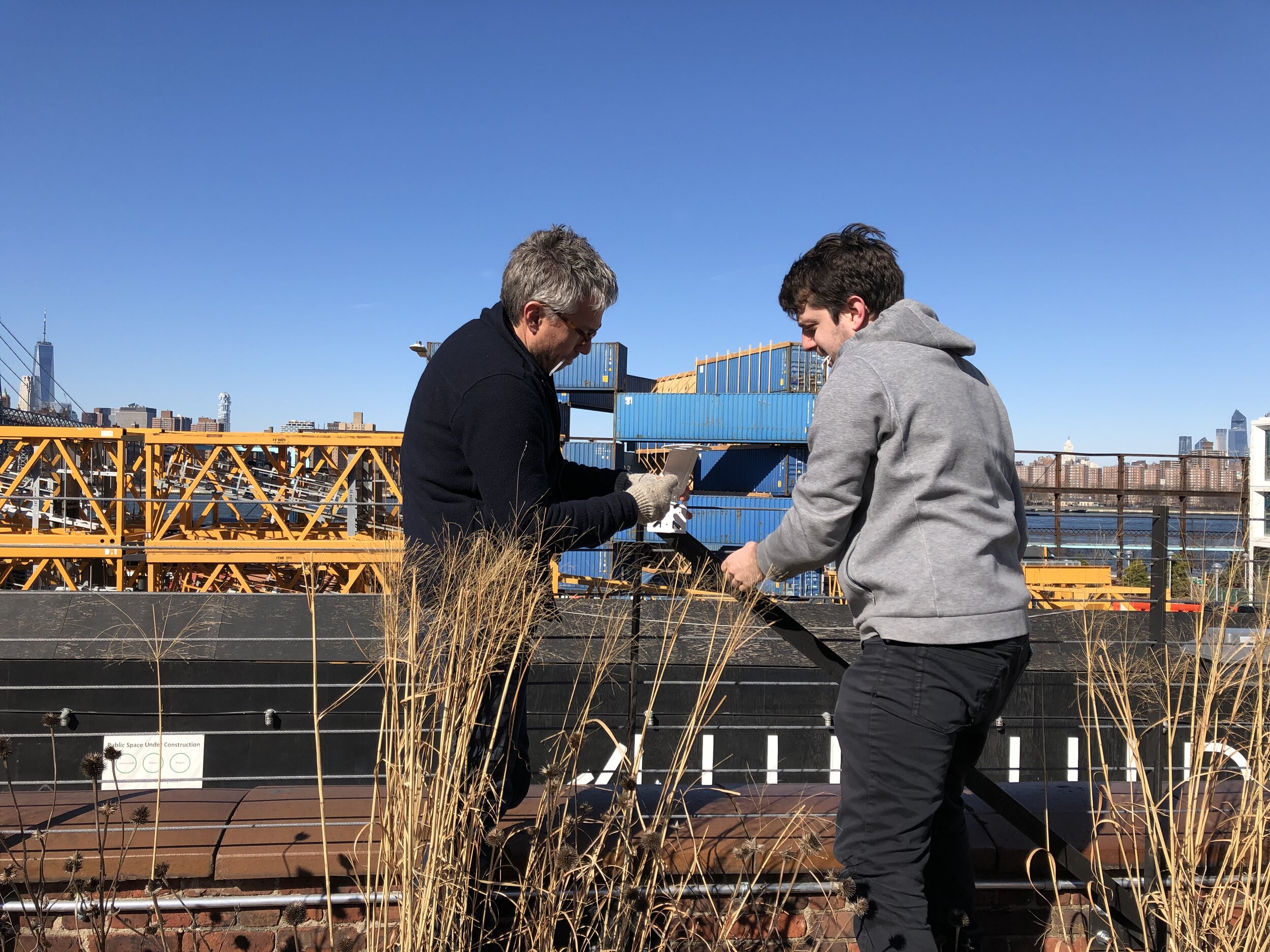
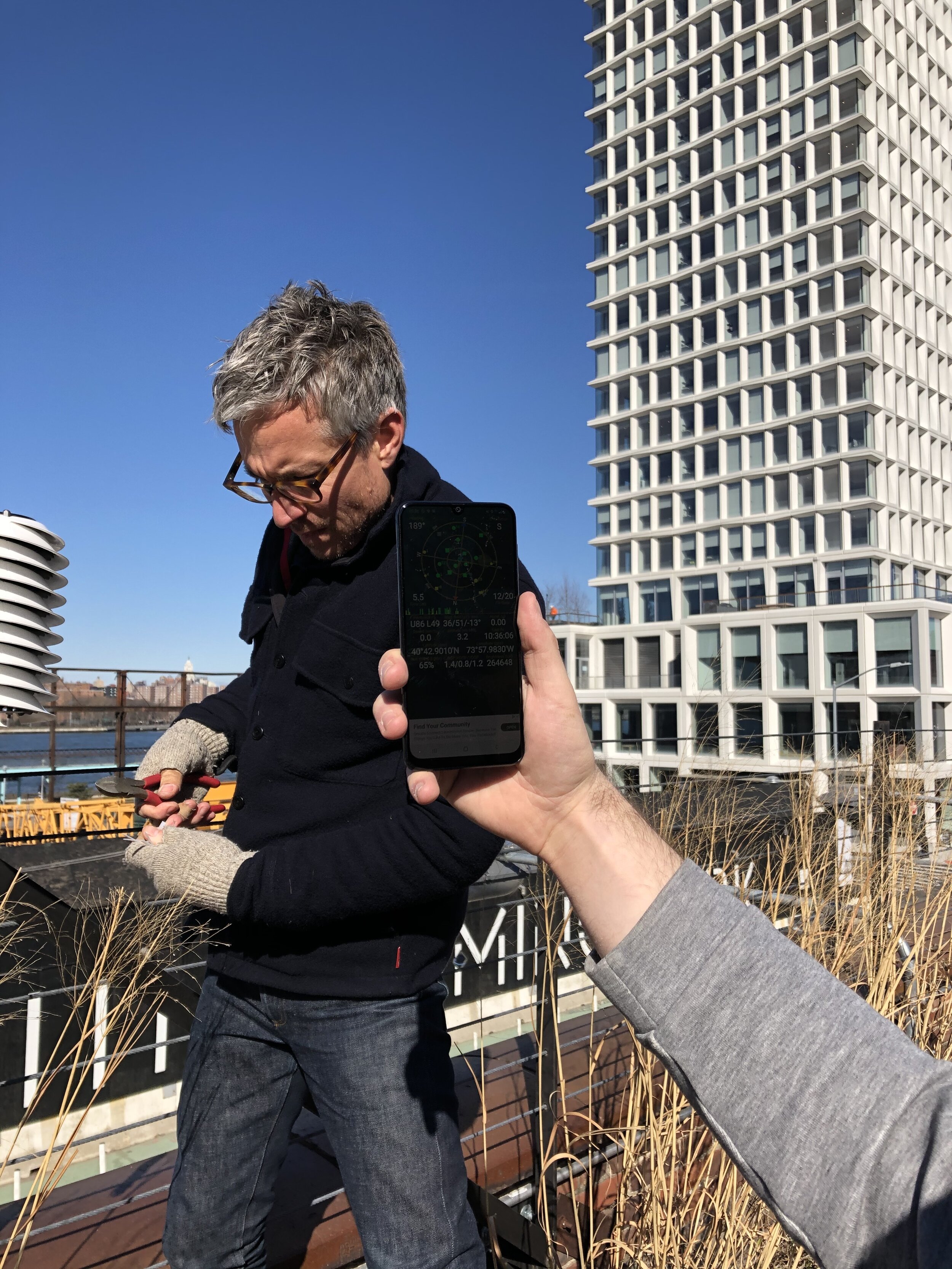
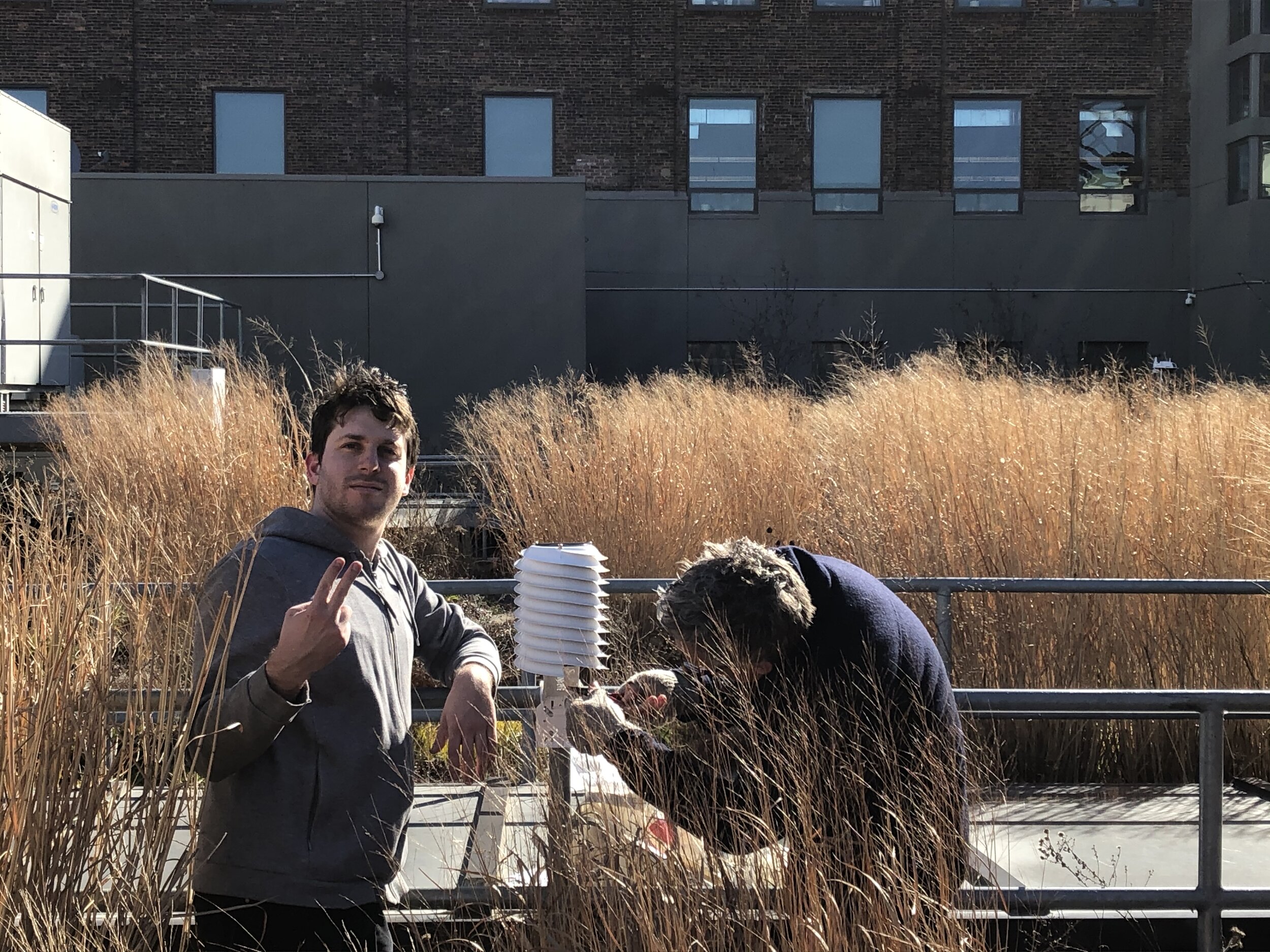
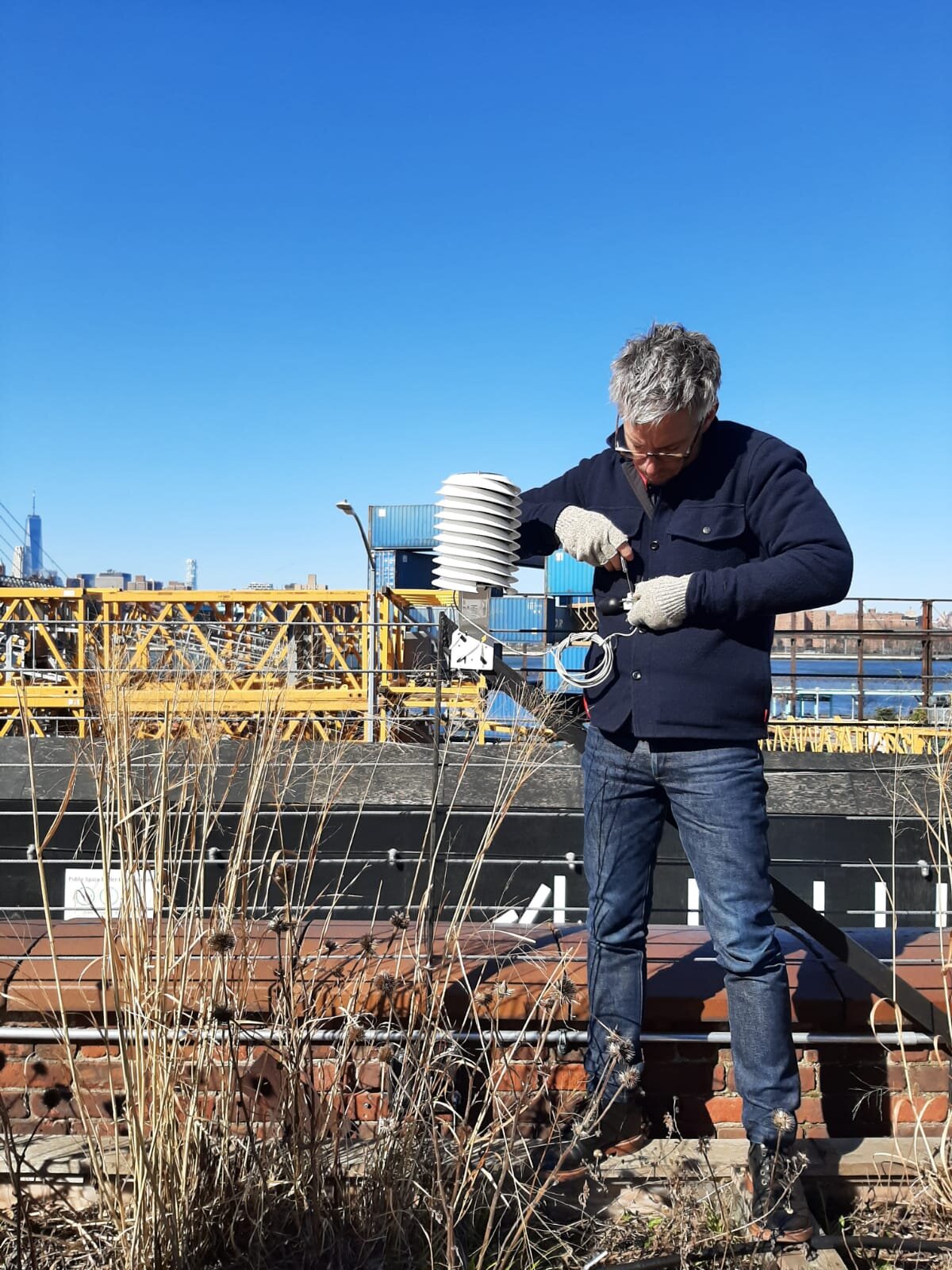


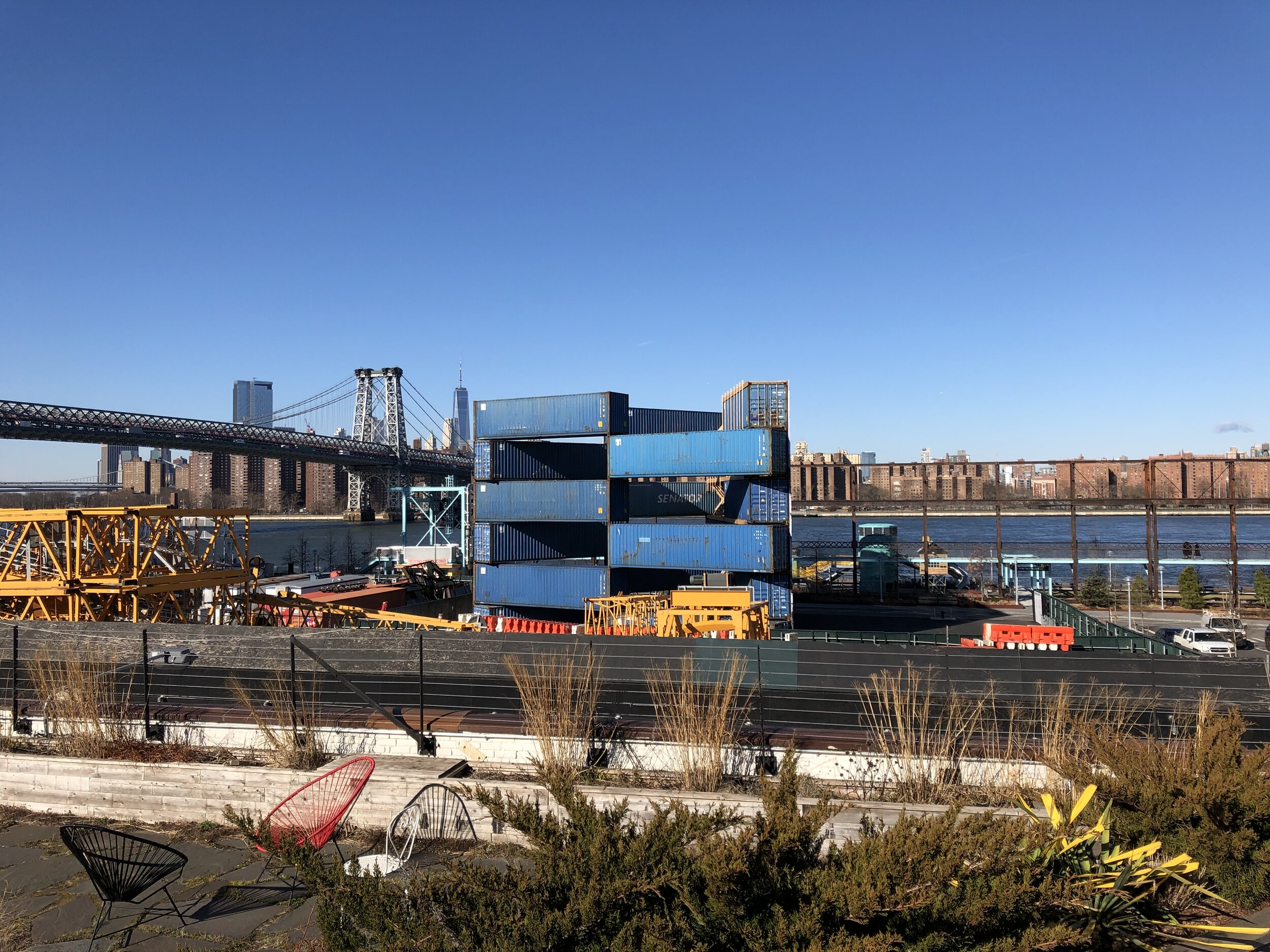

Real-Time Data with IoT Sensors
USL researchers use a variety of microsensor technologies to conduct real-time environmental and climatic monitoring to inform ongoing research on key climate impacts and risks in NYC and regions around the world.
Microsensors were used for instance in USL Director Timon McPhearson’s Green Roof Ecology class in which students collaborate to conduct design and ecology research. Partnering with the Brooklyn Grange, students designed a variety of green walls integrated with climate data analysis using microsensors installed on green roofs at both Brooklyn Grange and The New School. New USL research to develop digital test beds for green infrastructure monitoring in New York, Stockholm, Helsinki, and Copenhagen are in development through a recent Nordforsk grant.












